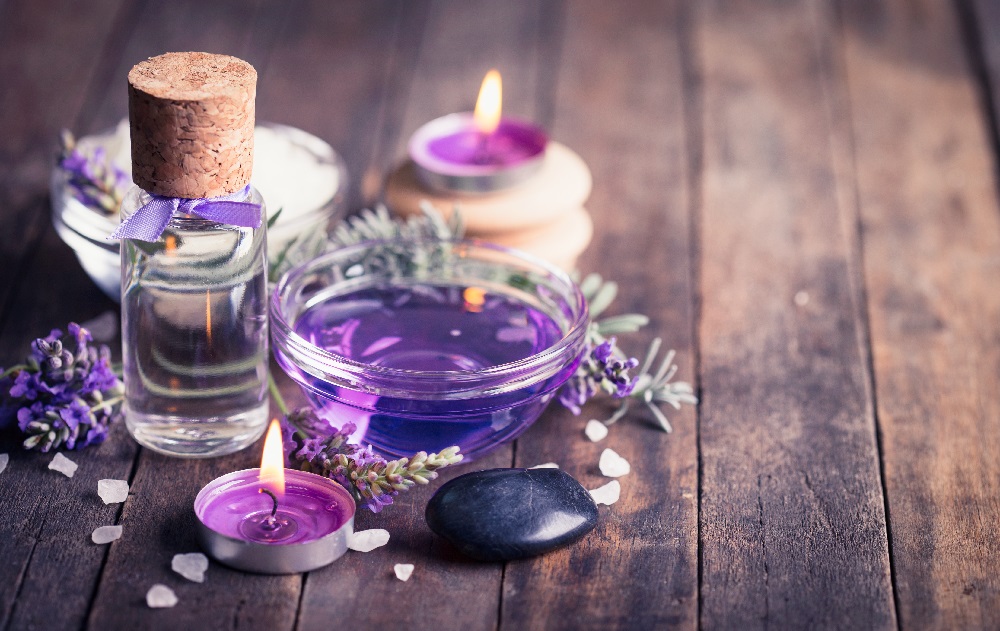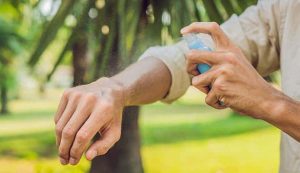I remember when I first discovered aromatherapy several years ago. I was fascinated by essential oils and excited to try using them. Looking back, I realize I should have done a bit more research before diving into aromatherapy. I offer you the advice I wish I’d had when I was an aromatherapy novice:
1. Buy One or Two Aromatherapy Books
Choose just one or two books to start your aromatherapy library. Select books that are general resources, which will give you some basic information and help you discover the areas in which you have the most interest. Two of my favorites Are Colleen K Dodt’s The Essential Oils Book, and Joy Bowles’ The A-to-Z of Essential Oils
2. Join Aromatherapy Discussion Forums
Forums are great resources for aromatherapy newbies. Read past discussions, ask questions, and learn from others. The Yahoo Group Aromatherapy for Everyone is a friendly place for beginners, and members range from novices to experts.
3. Do Some Research on the Internet
While it’s nice to have an aromatherapy book or two at your fingertips, there are some excellent resources on the internet, too. Be a critical reader, though, and consider your source. Information offered by a manufacturer or affiliate seller may not be as trustworthy as information offered by a more objective source. Aromatherapy websites I refer to over and over include AromaWeb and Wavelengths Natural Health Aromatherapy.
4. Choose Five or Ten Essential Oils to Start
Though you may be tempted to buy more, try to begin with just five or ten different essential oils. Essential oils can be quite expensive, so you may want to experiment with a few at first and then invest in more if you decide to pursue aromatherapy further.
5. Make Sure to Buy 100%, Pure, Unadulterated Essential Oils
When you buy essential oils, choose a well-known and reputable manufacturer. Synthetic, fragrance, and perfume oils are not essential oils – they contain man-made chemicals and have no aromatherapeutic value.
6. Buy at Least One Carrier Oil
For nearly all topical aromatherapy applications, you will need to dilute essential oils into a carrier oil. Good all-purpose carrier oils include sweet almond oil, sunflower oil, and grapeseed oil. Buy cosmetic grade carrier oils, and use only a few drops of essential oil(s) per ounce of carrier oil.
7. Store Your Oils Properly
Essential oils should be stored only in dark glass containers. Since essential oils are volatile, keep the lids tightly closed. Essential oils and carrier oils should be stored away from heat and light. Carrier oils will go rancid eventually, so it’s best to buy smaller quantities.
8. Learn How to Do a Patch Test
Essential oils can cause adverse reactions, due to allergy or due to sensitization over time. A patch test helps to determine whether you might react to a particular essential oil. Learn how to perform a skin patch test on yourself with each new oil you want to use topically.
9. Don’t Use Aromatherapy with Children or Pets
Until you are thoroughly familiar with essential oils and associated safety issues, don’t use them on children or pets, or while pregnant or breastfeeding. Cats, in particular, may be adversely affected by essential oils. Make sure essential oils are kept out of reach of children.
10. Don’t Ingest Essential Oils
Though you will read conflicting information about taking essential oils internally, you should avoid doing this. Some essential oils that are fairly safe to use topically may be quite toxic if taken internally. In addition, some essential oils may interact with prescription or over the counter drugs.
As you experiment with and learn more about aromatherapy, you will become more confident using essential oils. There is so much to explore, so be safe and have fun!







Be First to Comment